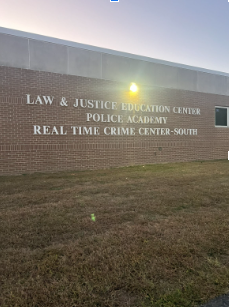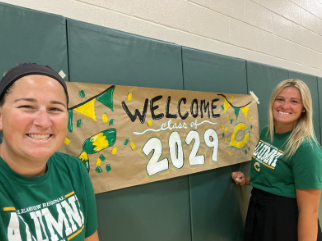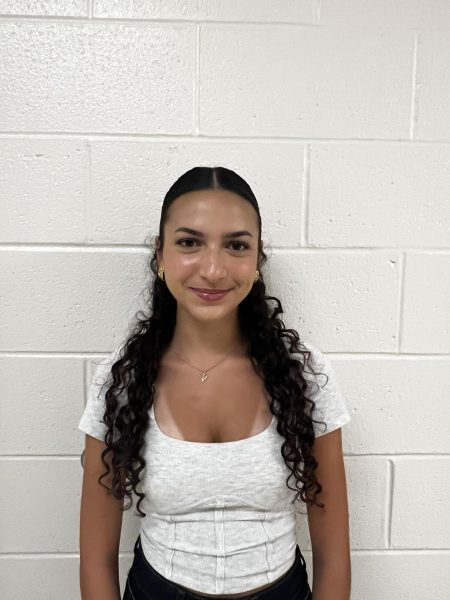
Planning and attending college visits can be stressful. For many juniors and seniors in high school, these campus tours are important because they give a good insight into what a student is looking for and what a school has to offer. Despite popular belief, these tours do not have to be nerve-racking. Here are some valuable pieces of information to take some of the stress and pressure off when it comes to these visits.
A college tour is a guided visit led by current students and faculty to give interested students a better understanding of the school’s atmosphere, living conditions, and courses. Students can expect to learn a lot of information about the campus, the application process, and the resources available from that school. Before attending a tour, it may be helpful to do some research on that specific college and find out how it may compare to other schools. When on the tour, keep an eye out for things like the condition of classrooms and dorms, potential courses to take, and the atmosphere of the campus. Guidance counselor Lisa Marandola said, “Look for a ‘feeling’ when you are touring a college campus. Ask yourself, could I see myself being happy here? Do I see myself fitting in with these people? In addition, if you have certain hobbies or interests, look for ways that you can pursue those while in college. If you like working out, check out the gym. If you are into reading, swing by the library. If you are a foodie, ask about the on and off-campus dining options.”
So what are some helpful pieces of information for students to carry around while they embark on their tour? Guidance counselor Jennine Donnelly said, “Take notes because once you start going to college visits, they start to blend a little. Make a pro and con list and see what things you are looking for, and narrow it down from there.” As Donnelly mentioned, creating separate lists for each tour is a great way to keep track of the values of each school. Furthermore, tours can help students figure out which schools to apply to. For example, a student might think they want to go somewhere; however, when they visit the school on a tour, they may realize they don’t actually like that school, and that the cons outweigh the pros. Finding out which schools have similar things in common to the schools that a student does not like can help them stay away from options they originally thought were for them. Additionally, Marandola advises students to think realistically and to come prepared to tours in order to be comfortable and appropriate to explore the campus. Marandola said, “ Have a hat and sunscreen for the warm months, and wear a coat when it is cold. Also, wear comfortable shoes.” Aside from what to wear and look for, it is also important to know when to schedule these appointments and how.
Scheduling tours can be easy as long as interested students follow these steps. First, pick out a few colleges to visit and go to their websites. Look for a section on guided tours; every school has one. In this section, there will be many different tours to sign up for, as well as a sign-up form. Once students pick out the date and which tour they want to attend, they can fill out the form with their information to set the date. A good tip when picking out a date is to plan around your free time and schedule tours over breaks and weekends. Tours count as an excused absence in school; however, it is much easier to go on a day where there is no homework or lessons to miss out on to prevent stress. Marandola said, “Another tip, and something that I always do, is build college tours into family vacations. If you are going to the Jersey shore, you could see Stockton or Monmouth. If you are visiting the Outer Banks, stop at a Virginia or North Carolina school on the way. If you are going to Disney, schedule a visit to the University of Central Florida.”
While college tours are not mandatory, they can be crucial for students to fully get a grasp on what school they want to attend in the future and if the school is right for them. Even if someone is sure about where they want to go, it doesn’t hurt to pay a visit and learn more about the school. Moreover, visiting schools will prepare students for what college will feel like.




